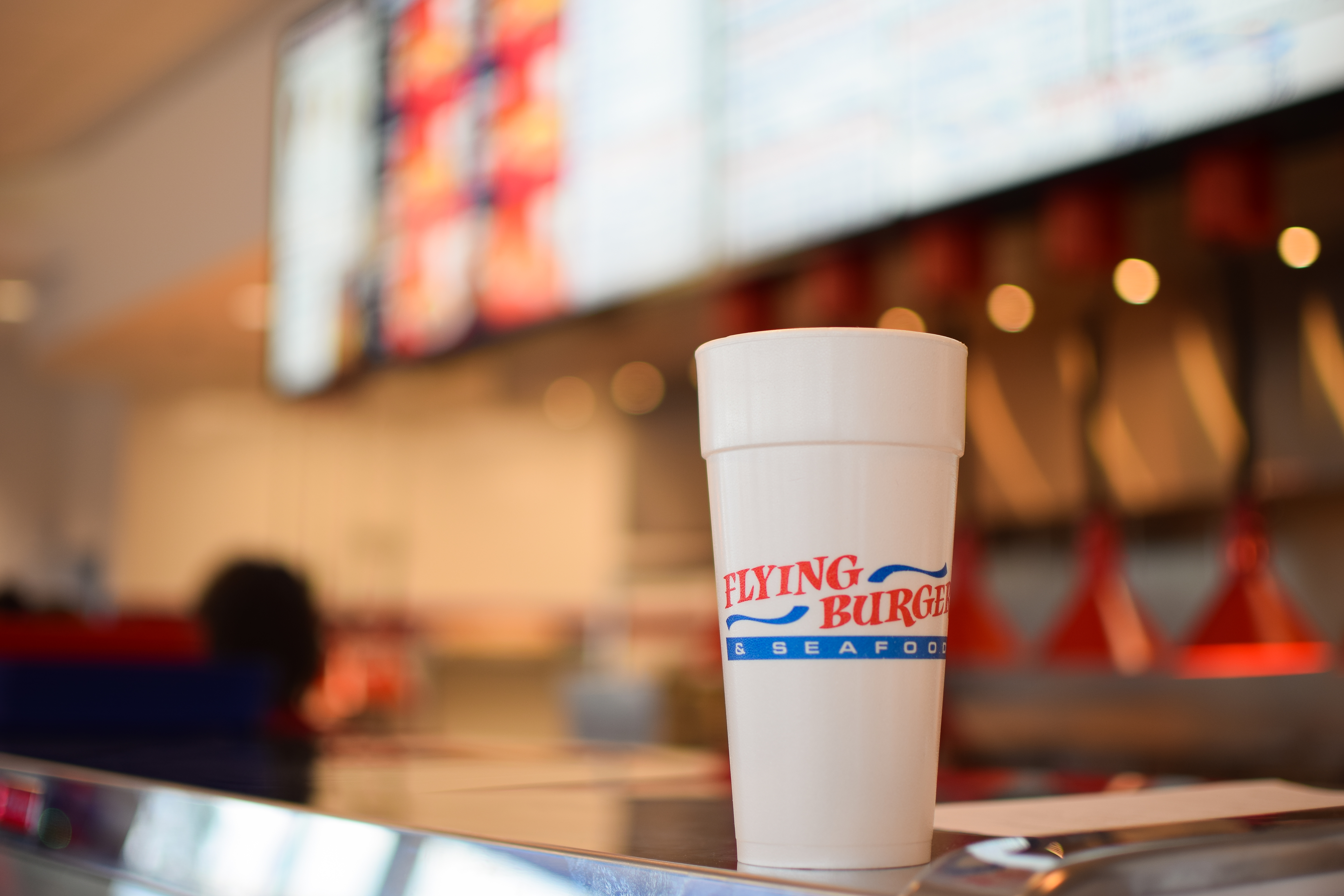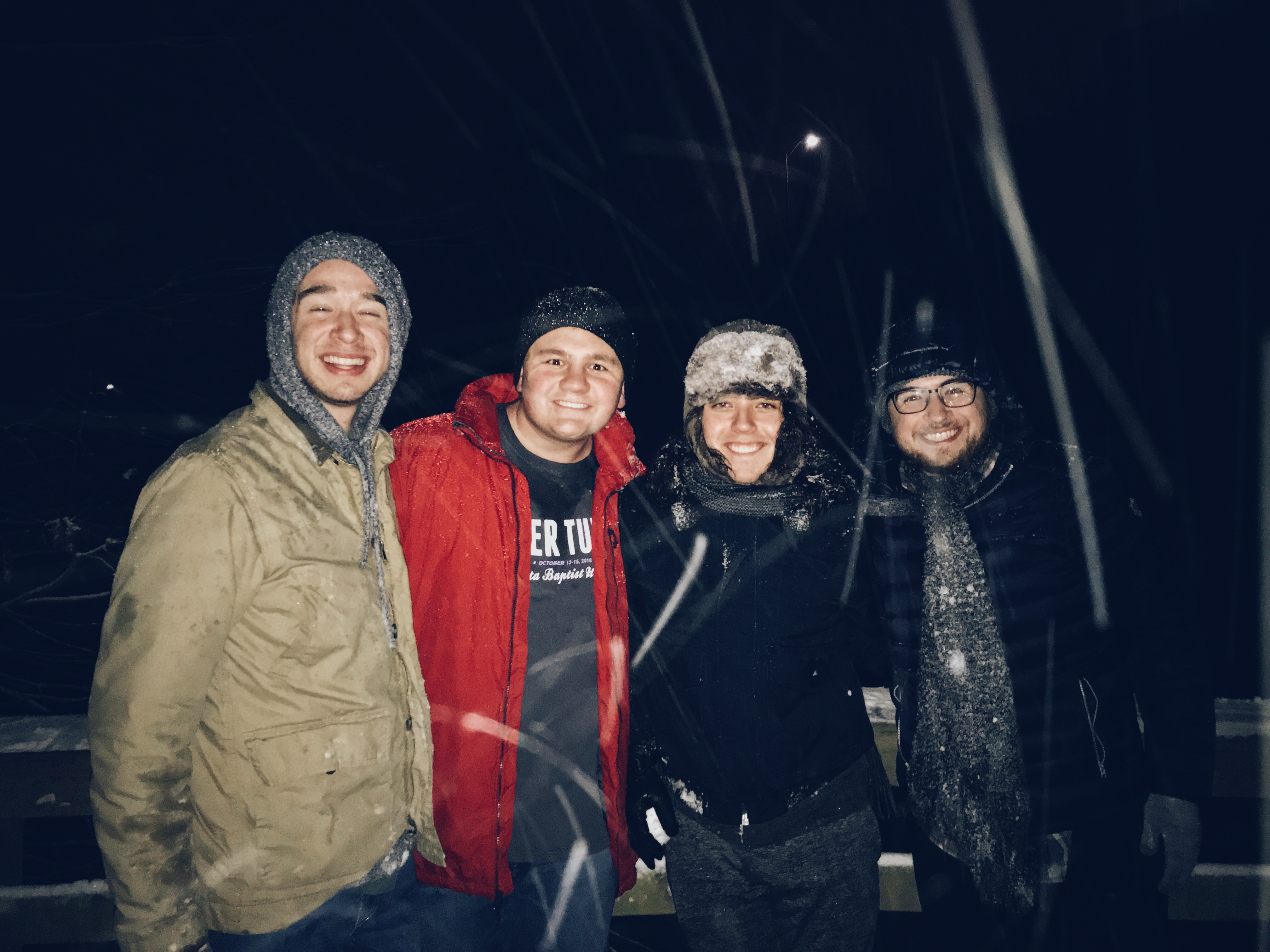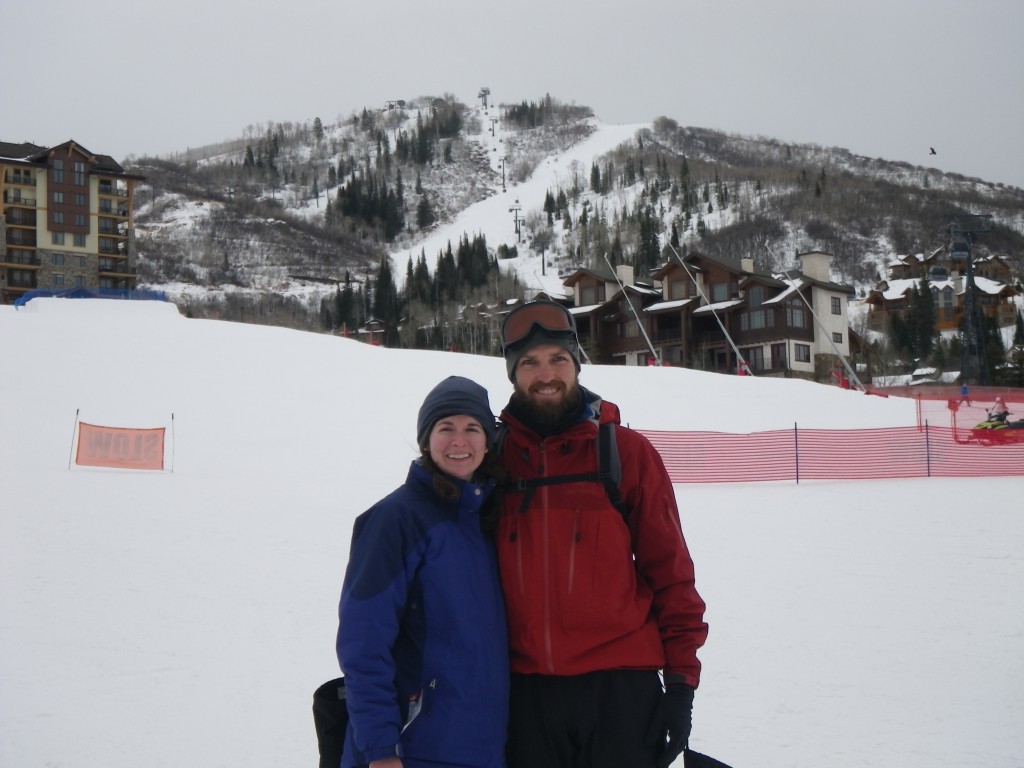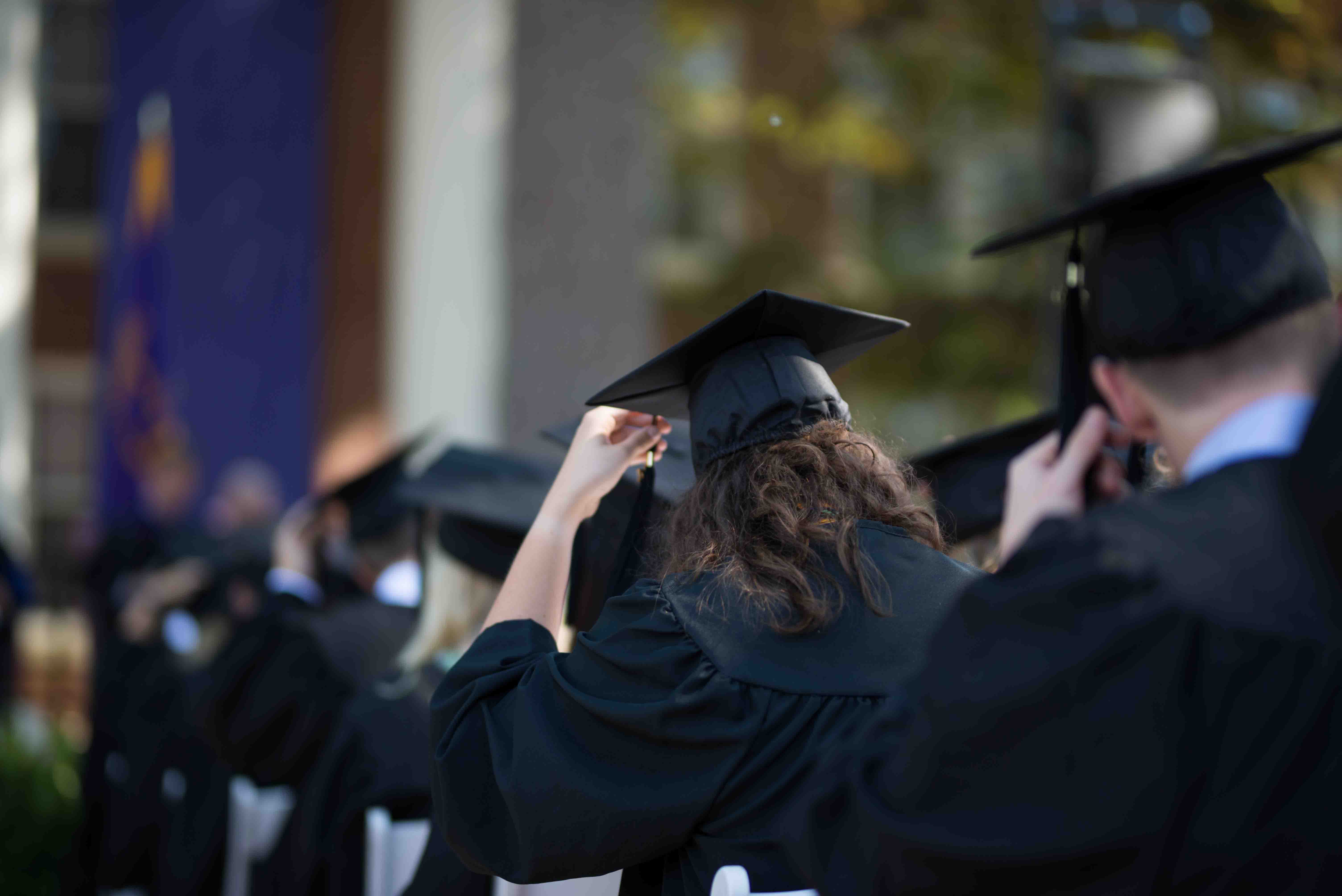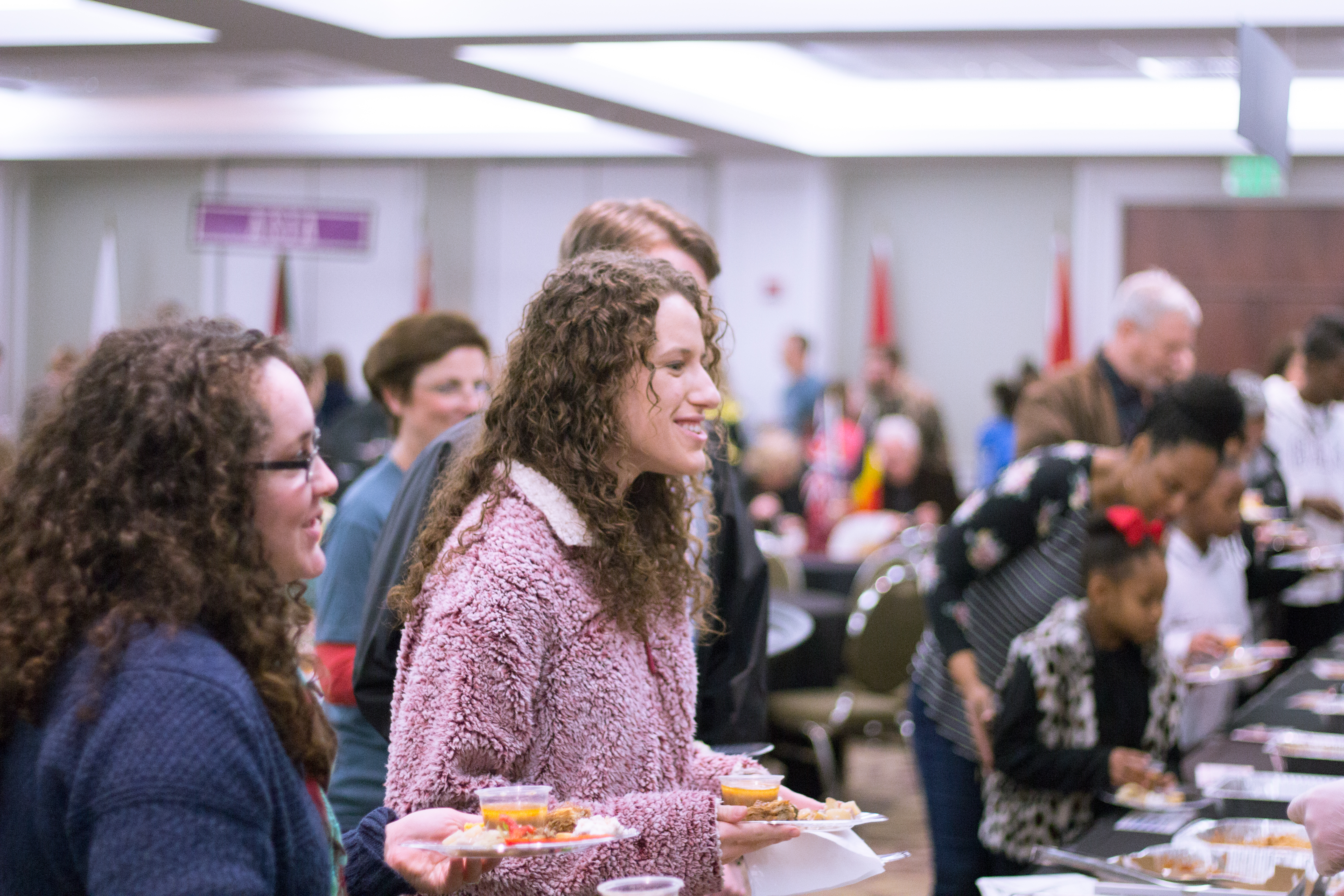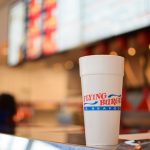Last semester, Dr. Terry Carter headed to Manchester, England to conduct extensive research on two topics within Baptist History as part of his sabbatical leave. One of Carter’s research topics was based on a statement Carey made regarding his mission work: “I will go down, but remember you must hold the rope.”
“I’ve had a lifelong interest in Willam Carey,” Carter said. “I wrote a book on him.”
He wanted to find out how exactly those who remained in England “held the rope” for Carey or, in other words, how they supported Carey’s mission efforts.
Carter’s second research topic was on the “Second Evangelical Awakening in Britain,” based on books written by J. Edwin Orr and David Bebbington. These books held contrasting viewpoints on the topic. Orr suggested that there was a huge Baptist revival in the 1800s, during which 100,000 English people became Baptists. On the other hand, Bebbington, a friend of Carter’s, wrote that there had never been such a revival. Carter wanted to find out whose view was correct.
One long flight to Manchester later and Carter’s research began. He made daily trips to the Rylands Library, a research library built as a memorial for John Rylands, who was an English multimillionaire entrepreneur and philanthropist in the 1800s. Carter spent hours poring over manuscripts without even breaking for lunch. The library holds the Northern Baptist College Collection, which consists of 4,500 Baptist manuscripts, and by the end of Carter’s time in Manchester, he had gone through the entire collection.
“I spent almost every day but Sundaysin the library.” Carter admitted. “During my last week there, they even allowed me to go into the stacks.”
Being allowed to peruse the documents in the stacks of Rylands Library was a great privilege that Carter was very grateful to have for his research.
Ultimately, Carter’s findings show that the people provided Carey with mission support in the form of preaching sermons on his mission work in India, bringing speakers from India into their churches, writing articles, publishing books, and raising money. These findings surprised Carter, who wouldn’t have guessed that Baptists in the 1700s would have conducted the same mission support activities that Baptists today do, some 300 years later. In fact, the English Baptists supporting Carey were the first people to provide mission support in this way.
“I think it’s instinctual for people to support missions like this.” Carter said.
As for his research on the “Second Evangelical Awakening in Britain,” he did not have any expectations going in.
“I didn’t know what the findings would be.” Carter said. “I just went to the original sources.”
He found that Bebbington’s book was right – reliable past sources imply that there never was a Baptist revival in Britain. This discovery begged the question of what had made Orr think a big revival had occurred. It seems that Orr’s research had largely consisted of Baptist documents biased towards a revival in England. These documents, which tended to contain more positive facts about people becoming Baptists, gave Orr the notion that there had been a revival. However, Carter’s research using more objective sources suggested that no such revival occurred.
Carter hopes that through his research, Ouachita faculty, staff and students are inspired to both start andcontinue supporting local and international missions.
“Baptists have always been mission-minded,” Carter said. “We need to continue to support missions.”
By Kimberly Wong


